International Travel Safety Tips for High-Risk Areas
With the global community becoming more accessible than it was in the past, business opportunities on a global scale have become more prevalent. This may require that you travel, work, and even live in areas that would be considered high-risk.
If this is your first time venturing into such territory, you may not recognize the risks you face, especially in areas with alarmingly high cases of violent crime. Lucky for you, we’re experts in that field. Here’s everything you need to know about international travel safety when traveling to risk-prone areas.
Travel Safety Tips 101: Situational Awareness
The first aspect of travel safety that many first-time international travelers often overlook is getting specialized training in situational awareness. This is particularly important if you’re traveling to a high-risk location with the very real threat of kidnapping, car-jacking, robbery, cartel violence, and other types of violent crime.
The best way to prepare for a trip to a hostile environment is to first understand what kind of risks you face and then equip yourself with the tools you need to deal with these challenges if you ever find yourself in life-threatening situations. Top private security firms usually offer this kind of training. Make a point to enroll in a Situational Awareness Training course before you venture into unknown territory.
Do Your Homework
One of the top international travel security tips you’ll often hear from experts is to do your research.
Get to know everything you can about the area you’re traveling to beyond the travel safety map provided on the US Department of State website. This involves collecting and analyzing all the available intelligence about the area you’re going to.
Learn about the security risks you need to prepare for, crime levels in the area, the prevalence of corruption, local traditions, religions, culture, safe borders, natural disasters, in-country support, and any other information that’s relevant to your safety and wellbeing. Understanding the environment you’re going to be in is the key to determining what your security needs might be once you touch-down.
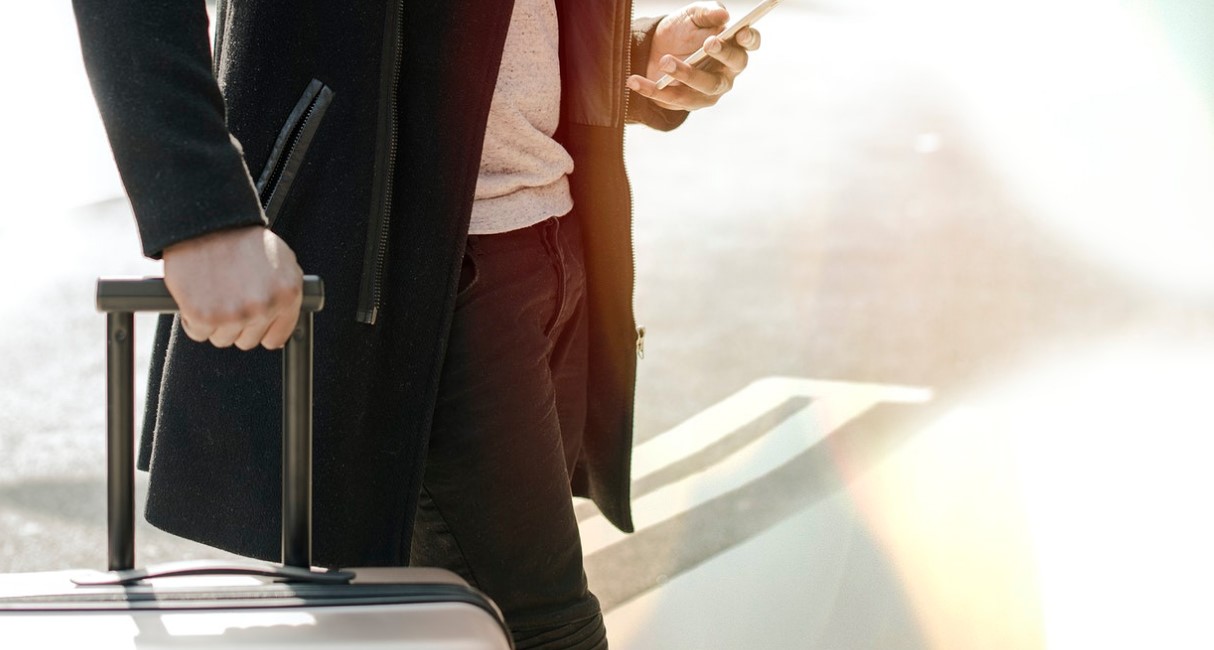
Make a Plan
Depending on the risks you uncovered during your research, you’ll need to develop a risk-management and contingency plan to mitigate them.
Establish what kind of communication devices you’ll need to take with you, protective clothing, and other travel accessories that may come in handy to keep you safe and protected from harm. It may involve having a discreet GPS device on you at all times, having emergency numbers programmed into your speed dials, and even pre-drafting emergency text messages in case you need to let your emergency contacts know you’re in trouble.
It’s also a good idea to ensure you’ve made adequate medical evacuation arrangements if you ever need to use them.
Prepare for Your On-Ground Travel Needs
Cybersecurity for travelers is often the most overlooked aspect of travel safety. Any information you might have can be detrimental to your safety, as well as that of your loved ones, if it falls into the wrong hands.
Ensure that your electronic devices have adequate encryptions and activated passwords at all times. Don’t save any sensitive data or documentation in your devices if they could potentially increase your risk. If you do need to carry documents, consider storing them in the cloud or, at the very least, on a separate encrypted hard-drive or USB.
On-ground travel security also involves choosing secure accommodations. Check that the hotel or property in question offers 24/7 security surveillance. Steer clear of lodgings near embassies, government buildings, religious centers, or any other major icons. Plan your routes and have an emergency exit plan to get out quickly and safely. Make a point to identify local points of assistance such as police stations, healthcare facilities, and border crossings.
Personal Travel Security
When traveling to a high-risk area, it’s important to maintain a low profile for the duration of your visit. Try to blend in with the locals as much as you can, in keeping with their culture and dressing. Prepare a “go bag” with emergency essentials that you can grab-and-go if you need to. It’s also a good idea to have a well-stocked medical/survival kit you can use in emergencies.
Additionally, consider enrolling your upcoming trip in the Department of State’s Smart Traveler Enrollment Program (STEP). That way, the US Embassy can get in touch with you in an emergency, whether it’s in the form of civil unrest, a natural disaster, or even a family crisis.
If you believe that you might need respirators, ballistic vests, or any other kind of protective clothing, ensure you get specialist advice from private security experts to point you in the right direction when it comes to sizing and rating, as well as where to get them.
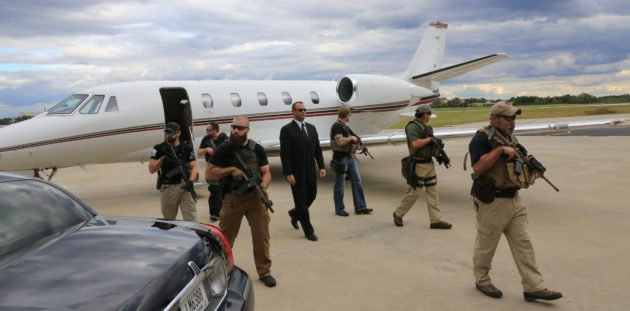
Hire Private Security for Travel
Finally, consider getting private armed security, particularly if you’re an Ultra-High Net-Worth Individual (UHNWI) traveling to a high-risk zone. VIPs and executives face imminent threats from several sources that leave them with a permanent target on their backs. As a result, it becomes difficult to predict where potential danger might emanate from.
More often than not, danger strikes without warning, resulting in kidnapping, robbery, assault, or worse. Having trained, armed protection agents with you at all times not only ensures that you stay safe but also stops threats before they manifest into life-threatening situations.
Assess the Risk and Stay Alert
Understanding the high-risk zone you’re headed to will play a major role in preparing for your trip. We always say – it’s better to be over-prepared than under-prepared when traveling to a region that could potentially be detrimental to your safety and wellbeing.
Not entirely sure what your private security needs are? Get in touch with an elite risk mitigation company for a free consultation.
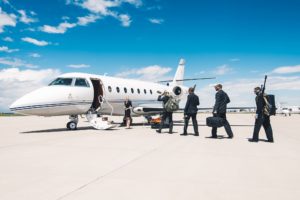
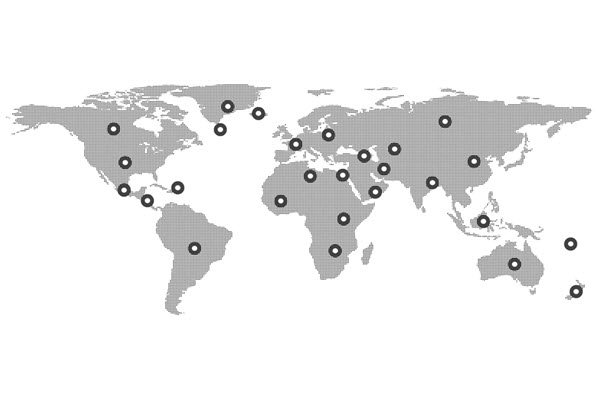
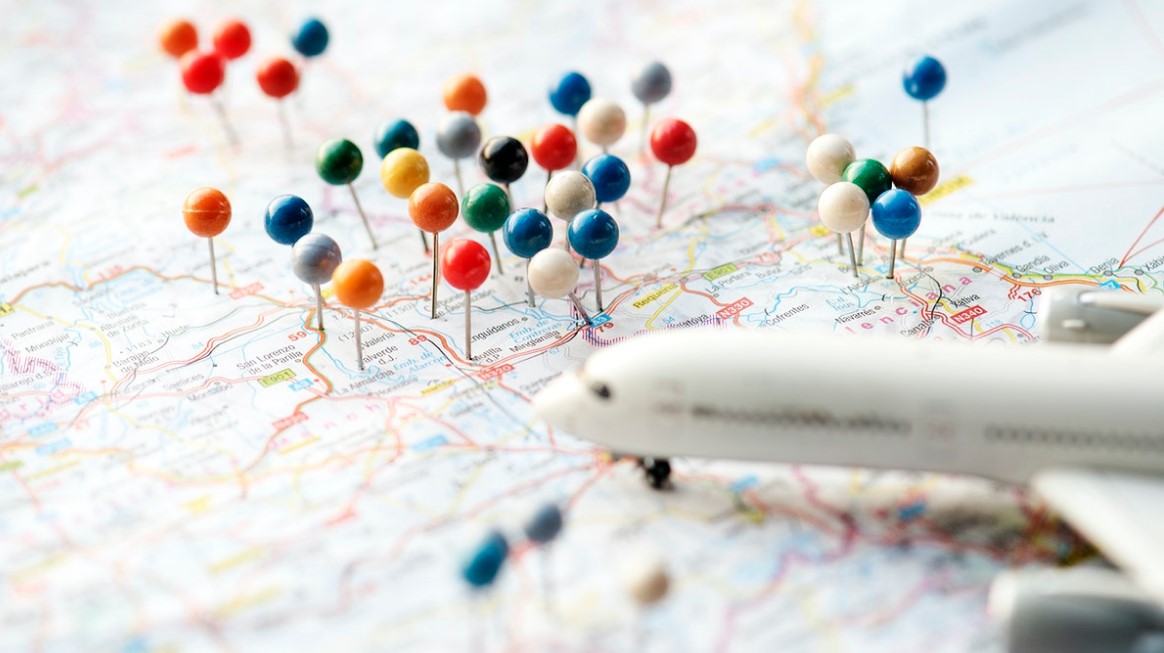
Leave a Reply
You must be logged in to post a comment.